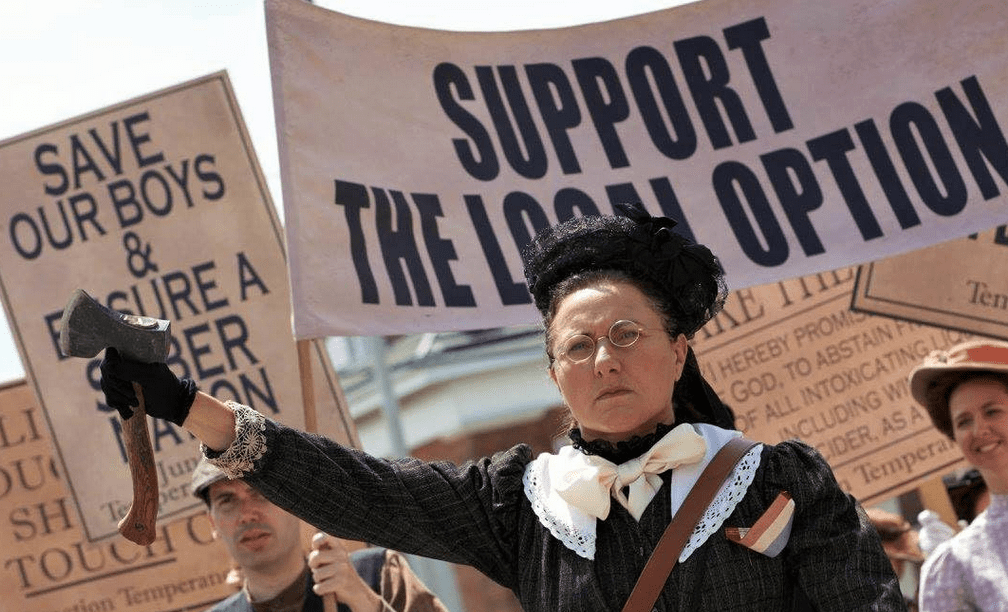 The 21st Amendment ended national Prohibition and the question of alcohol control and regulation was left to the individual states. Each state created its own unique regulations. According to the National Alcohol Beverage Control Association, 17 states, including New York retain direct control over wholesale or retail operations.
The 21st Amendment ended national Prohibition and the question of alcohol control and regulation was left to the individual states. Each state created its own unique regulations. According to the National Alcohol Beverage Control Association, 17 states, including New York retain direct control over wholesale or retail operations.
Over half the the United States (including New York) provide for “a local option,” which allows municipalities to decide their own community’s alcohol policies. In three state (Kansas, Tennessee, and Mississippi) communities must take pro-active steps to allow the sale of alcohol.
Seventeen states do not allow local prohibitions on alcohol sales at all. A bill making it’s way through the New York State Legislature would strike down a 1934 law passed after Prohibition and add the state to that list.
Orange County Democratic State Senator James Skoufis, who is sponsoring the legislation in the Senate, told the Associated Press: “This ain’t the Prohibition era any longer. We live in New York in 2024, and this thing is kind of silly.”
The bill has passed the Senate’s Committee on Investigations and Government Operations. It has been read a third time in the Senate meaning that a vote could come any day.
Assembly-member Al Stirpe introduced the bill in the Assembly. It is currently in the Assembly’s Economic Development Committee.
New York ‘Dry’ Communities
According to the New York State Liquor Authority there are seven communities in the State that ban all sales of alcohol: Caneadea in Allegheny County; Clymer in Chautauqua County; Lapeer in Cortland County; Orwell in Oswego County; Fremont and Jasper in Steuben County; Berkshire in Tioga County.
The largest of these towns is Caneadea, with a population of about 2,000. Argyle, in Washington County, voted to remove its ban in 2019.
Eleven counties of New York’s 62 have some restrictions banning off-premises or limiting on-premises alcohol consumption.
The town of West Almond in Allegheny County does not allow off-premises consumption, while the towns of Harford (Cortland County); Franklin (Delaware County); Seneca (Ontario County), Caton and Rathbone (Steuben County); Newark Valley (Tioga County), Butler and Rose (Wayne County), Pike and Wethersfield (Wyoming County); and Middlesex (Yates County) do not allow on-premises consumption.
The towns of Bovina (Delaware County); Gorham (Ontario County); Richford (Tioga County), Orangeville (Wyoming County), and Barrington (Yates County) do not allow on-premises consumption except in year-round hotels.
Another 22 partially dry towns have a variety of rules for “Special On-Premises Consumption.” For example, Wilmington in Essex County – home of Whiteface Mountain Ski Area – is dry for on-premises consumption at race tracks and outdoor athletic fields and stadiums where admission fees are charged and wet in all other areas.
Illustration: Still image from Murdoch Mysteries, 2015, recreating a local option protest.


